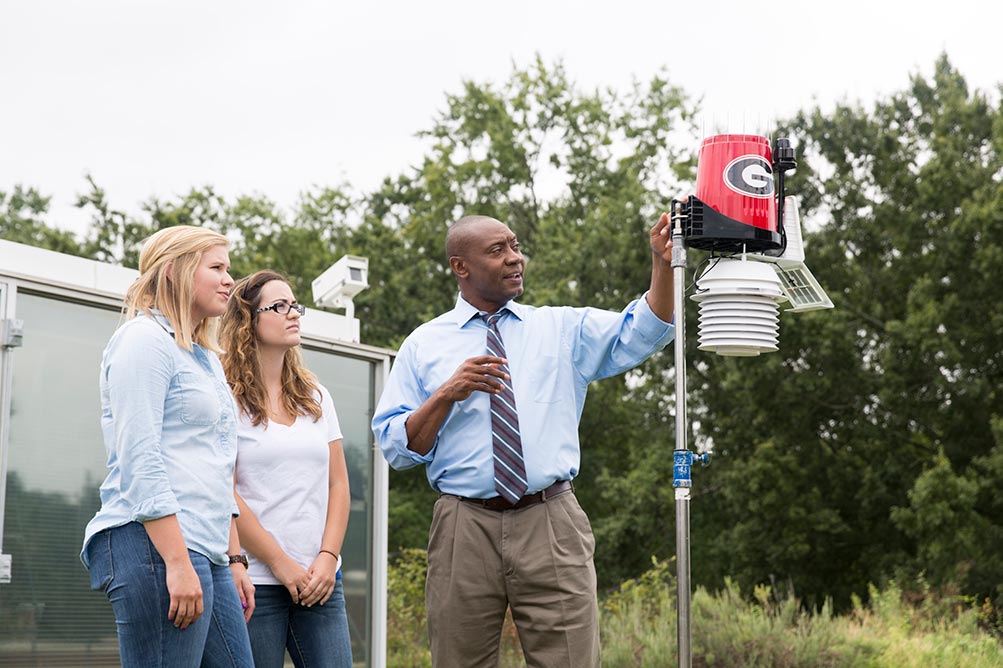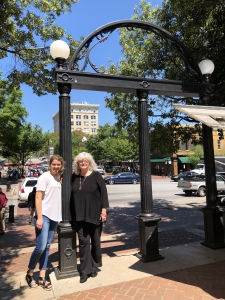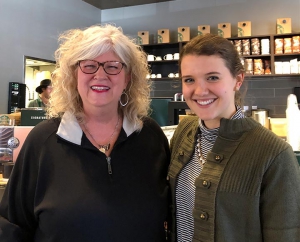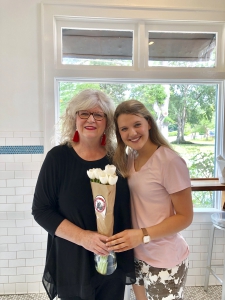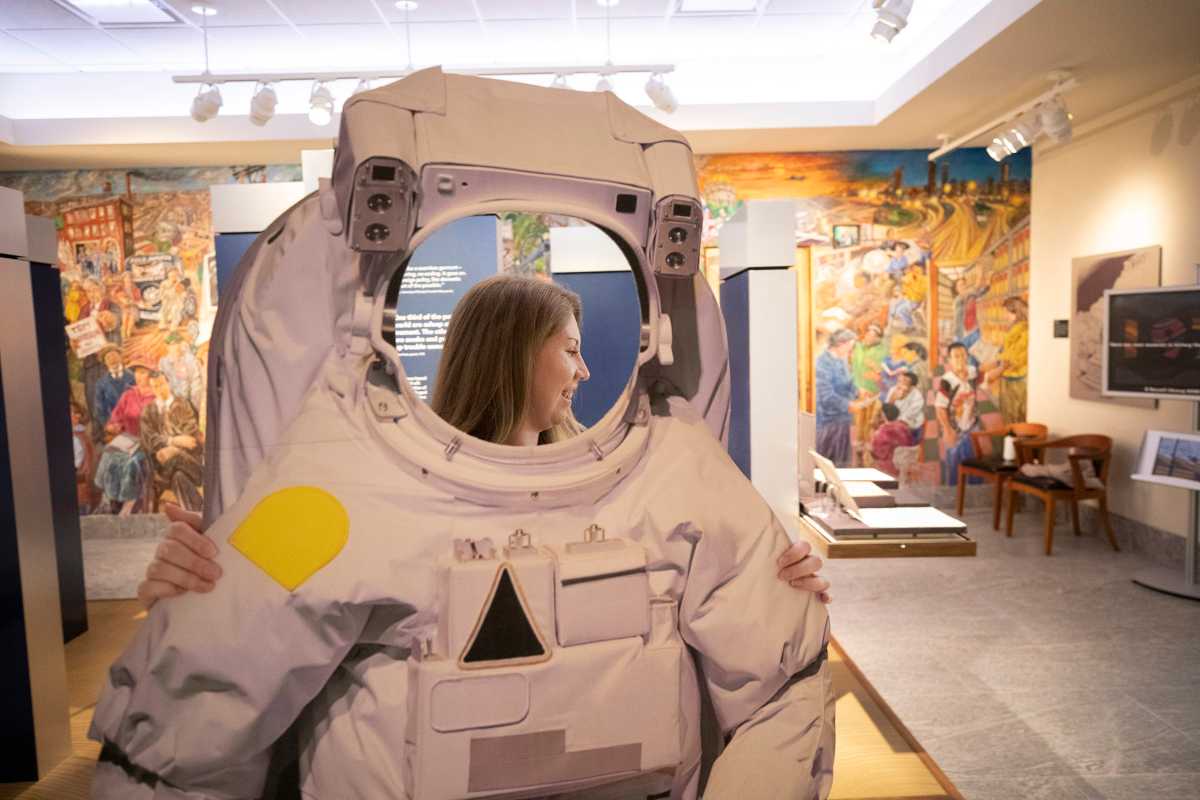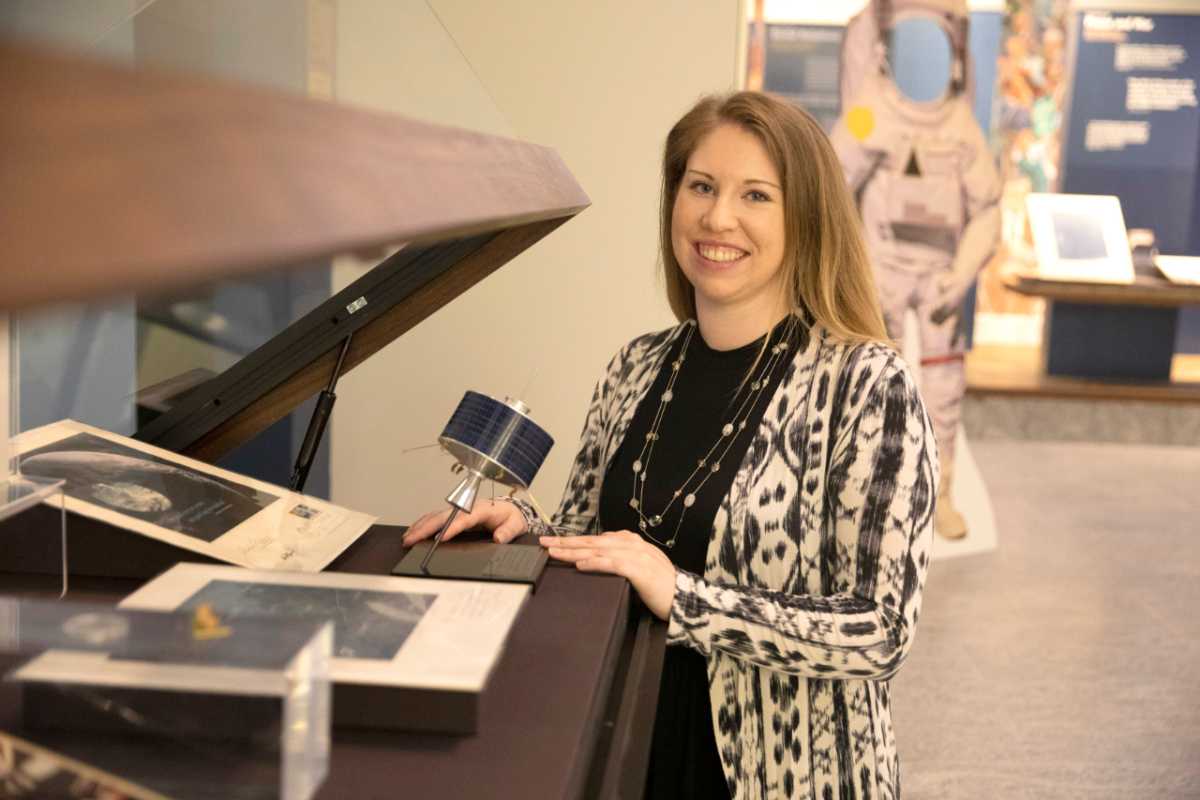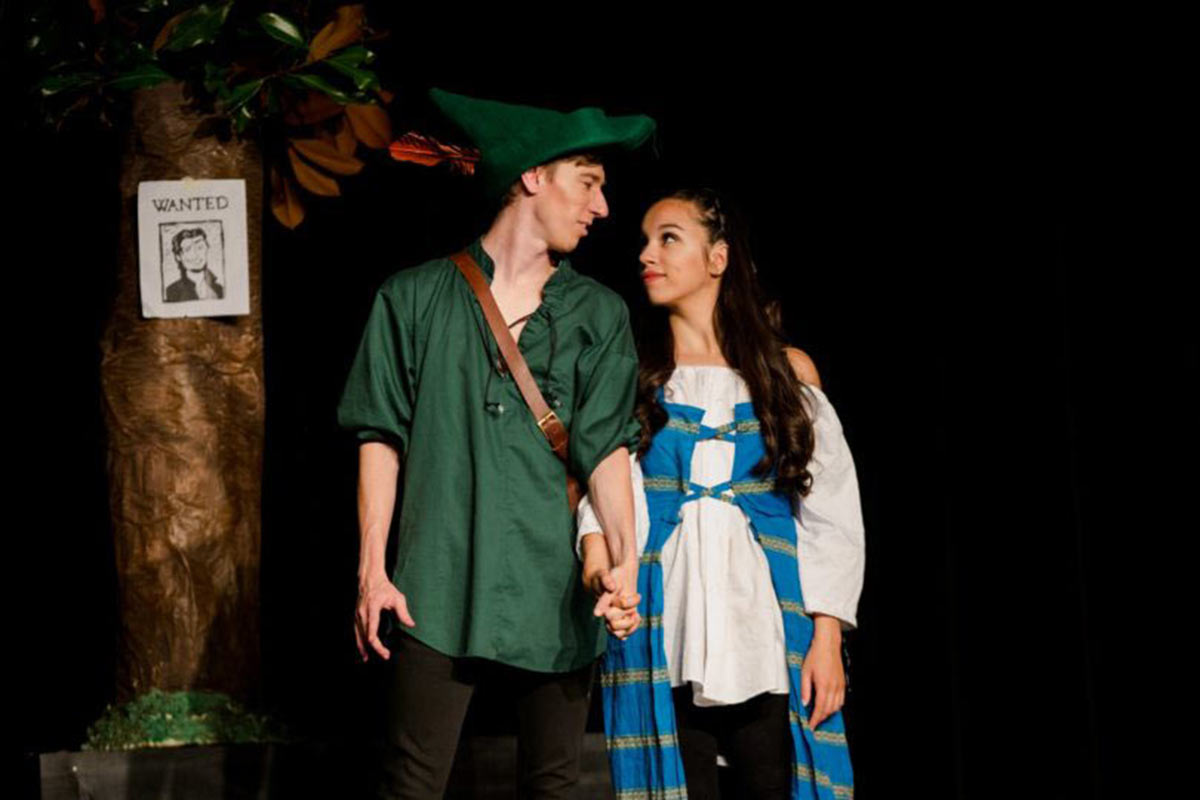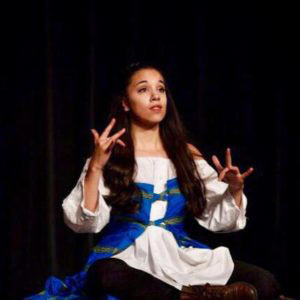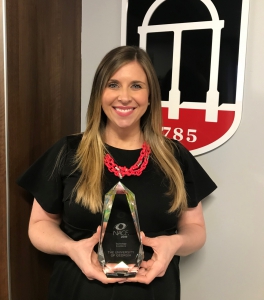The Delta Air Lines Foundation commits $5 million to UGA Innovation District, Engineering
The University of Georgia will take a major step forward in its Innovation District initiative and enhance the College of Engineering, thanks to a $5 million gift from The Delta Air Lines Foundation.
The Innovation District initiative brings together people, programs and places to foster innovation, entrepreneurship and experiential learning at the University of Georgia. The first step of the initiative established Studio 225, the home of UGA’s thriving Student Center for Entrepreneurship, and The Delta Foundation’s gift catalyzes the next step to grow research commercialization and university-industry collaboration.
“I want to express my deepest appreciation to our loyal friends at The Delta Air Lines Foundation for their ongoing and generous support of the University of Georgia,” said UGA President Jere W. Morehead. “This gift will help us prepare our students to be successful leaders in the knowledge economy while enabling the research discoveries of our faculty to make the greatest impact on society.”
The gift includes $2.5 million to renovate the Spring Street Building, located just off Broad Street in Athens’ downtown area. The facility will provide flexible workspace, conference rooms and presentation areas to support faculty startup companies and enable students and industry partners to collaborate on company-based research and development projects.
“The Delta Air Lines Foundation is pleased to support the University of Georgia Foundation with a grant to promote innovation and entrepreneurship, and foster leadership in collaboration, design and development,” said Tad Hutcheson, senior vice president of The Delta Air Lines Foundation.
The Office of University Experiential Learning will receive $1 million from The Delta Foundation’s gift to launch the Student Industry Fellows Program. Students who participate in this program will complete training to develop innovation competencies, serve as campus ambassadors for the Innovation District and work alongside industry partners to solve real-world business challenges.
The remaining $1.5 million of The Delta Foundation’s gift will support the Student Success Center at Driftmier Engineering Center, home to the UGA College of Engineering. This center will provide space for academic advising, student support offices and experiential learning by way of spaces devoted to team projects and collaboration between students, faculty and industry partners.
The Student Success Center will also house the Emerging Engineers Leadership Development program (EELD). EELD was designed in partnership with the J.W. Fanning Institute for Leadership Development to provide undergraduate engineering majors with an opportunity to explore and cultivate leadership skills necessary for success as a professional.
This is the latest in a long line of significant contributions to UGA from The Delta Air Lines Foundation. Alongside this $5 million commitment, The Delta Foundation has pledged another $2.5 million to support UGA Athletics. In 2015, The Delta Foundation committed $5 million to the construction of the UGA Washington Semester Program’s residential facility, Delta Hall. The Willson Center for Humanities & Arts established the Delta Visiting Chair for Global Understanding thanks to an $800,000 gift in 1997. In recognition of The Delta Foundation’s many gifts and the long-standing relationship between the university and Delta, the airline received the 2018 Friend of UGA Alumni Award.
The Delta Air Lines Foundation’s gift is a significant step in enhancing the learning environment at UGA, a priority of the university’s Commit to Georgia Campaign, a record-breaking fundraising campaign that began in 2012 and will end in June. The campaign surpassed its $1.2 billion goal in 2019 and is now the most successful fundraising effort in UGA history.


